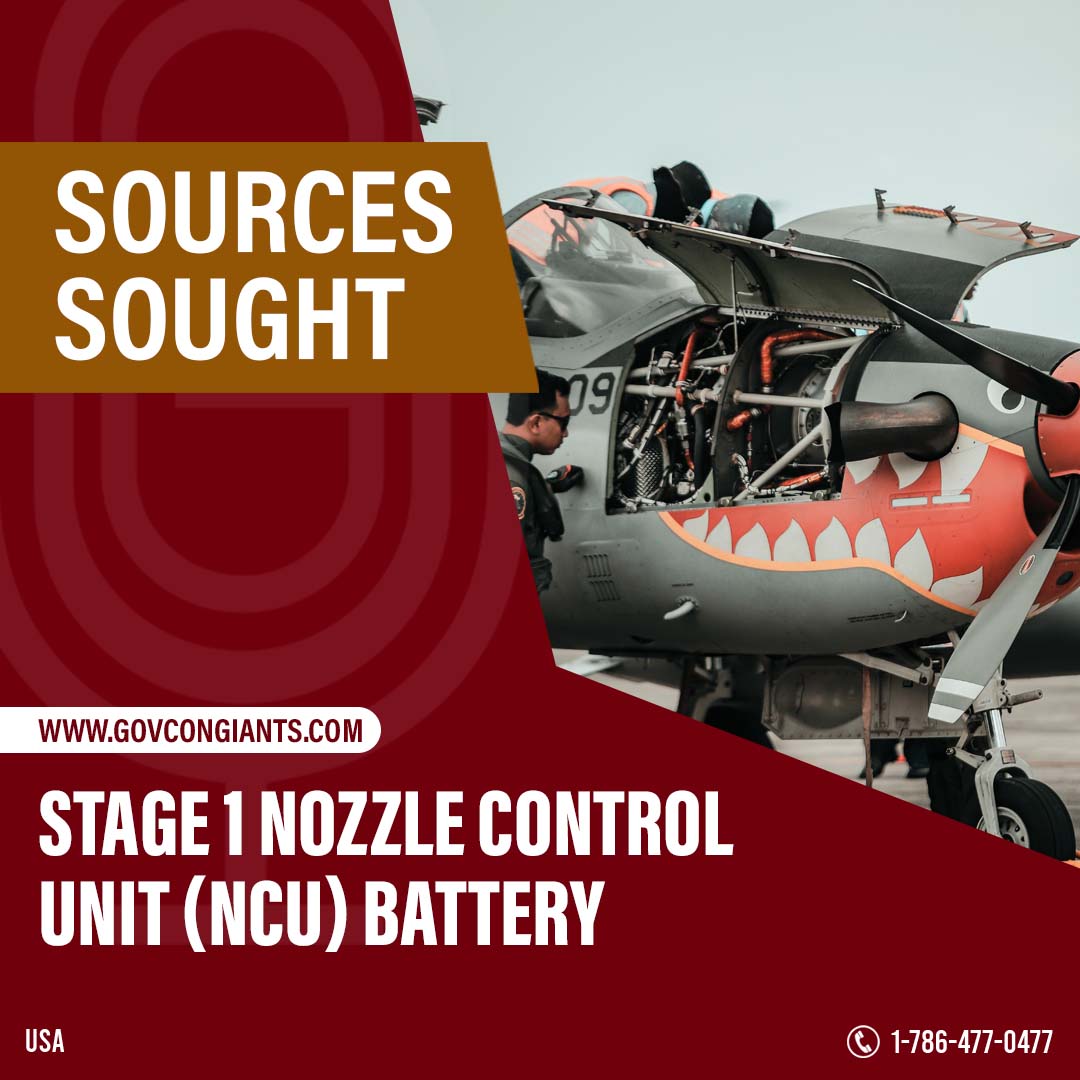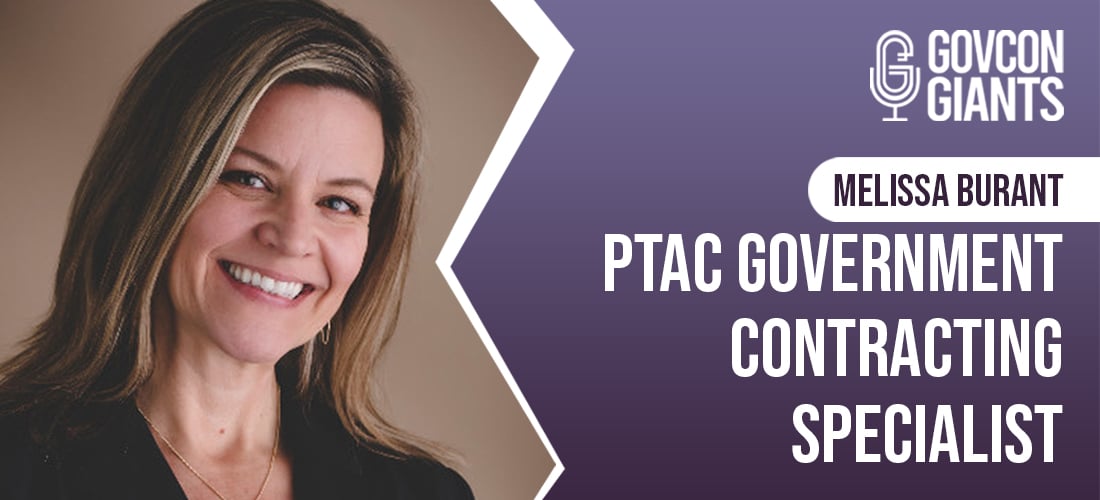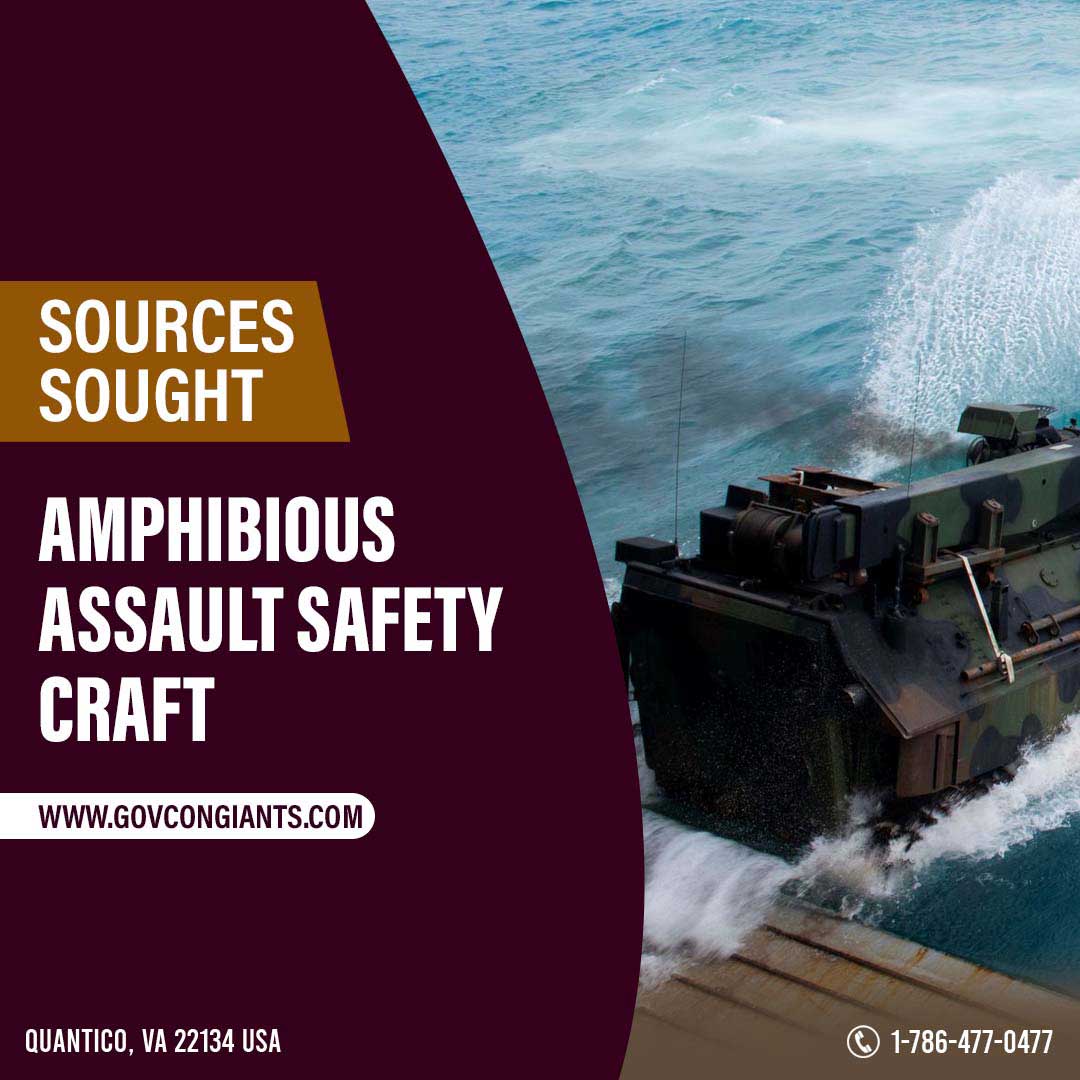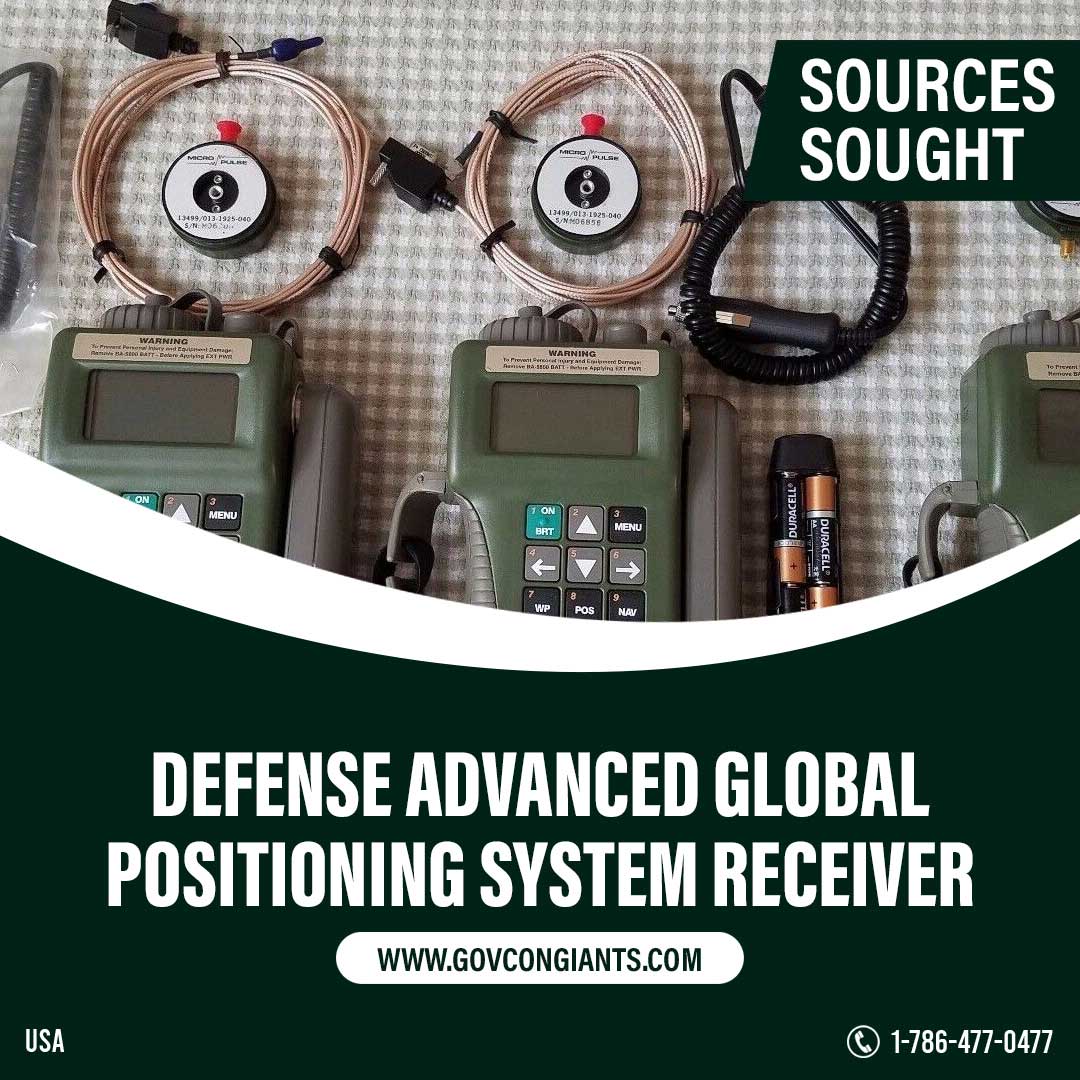Melissa Burant shares her govcon insights through the lens of a current PTAC government contracting specialist and a previous contracting officer.
BACKGROUND
Melissa Burant has over 20 years of government and contracting-related experience.
She served as a federal contracting officer at the Army Contracting Command in Rock Island.
During that time, Melissa also assisted in the Iraq Drawdown and managed the contract for critical security service operations.
She then left the federal service in August 2014 and is currently a government contracting specialist at the Center for Industrial Research and Services of Iowa State University’s Procurement and Technical Assistant Program.
In this position, Melissa works with Iowa companies to develop relationships with other industry partners, delivers webinars and workshops, and works one-on-one with businesses.
Aside from all of these, she is also doing photography on the side for Melissa Burant Photography.
PROCUREMENT TECHNICAL ASSISTANCE CENTERS
The Procurement Technical Assistance Center (PTAC) Program is a program that’s funded by the Defense Logistics Agency (DLA).
The sole purpose of the program is to help government contractors interested in federal, state, or local markets to help them understand that market.
With this, they provide training, webinars, in-person workshops, one-on-one counseling on different topics in building your business and doing contracting.
“What I discovered as I got outside of the PTAC world is that there’s a lot of power in knowing and connecting and leveraging that network with others.”
SMALL BUSINESSES MISTAKE AND HOW TO AVOID IT
A handful of small businesses lack business strategy. These companies don’t really have a goal. They’re just throwing spaghetti to a wall and waiting for something to stick.
“The thing is a lot of the people, they come with their dream, but they don’t always want to take the time and put in the work to write it down and to kind of strategize.”
As an owner, she recommended sitting down and do basic planning. Do you have a business plan? What are your goals a year from now? What are your goals two years from now?
It really stems from having good written communication because in building a business and doing government contracts, you fill out hundreds of paperworks every year.
“It’s really important (that) people understand how critical written communication is, and not just written, but good written communication. If you don’t have that skill and if you have to submit a written proposal to your government customer, it essentially comes down to an essay writing activity and you’re likely not to pass go.”
IN THE LENSE OF A CONTRACTING OFFICER
1. Lead with your value.
Contracting officers don’t look at your numbers. They want companies that lead with value and not the programs that you are a part of.
2. Consider the timeline.
The legal process of every contract takes a lot of time, but the government agency that you are working with wants the project to be completed on or before the said due date.
However, there’s no harm in asking questions regarding your contract’s timeline, as long as you have a valid reason and you educate them properly about the matter.
RESOURCES
If you want to learn more about Melissa Burant’s govcon insights through the lens of a current PTAC government contracting specialist and a previous contracting officer, then be sure to click the resources below.
You can also visit the GovCon Giant website or the new GovCon Edu where you learn everything about government contracting!
Melissa Burant – The free government resource that all small businesses should use, PTAC
https://www.youtube.com/watch?v=sdlmPcWeyD4









